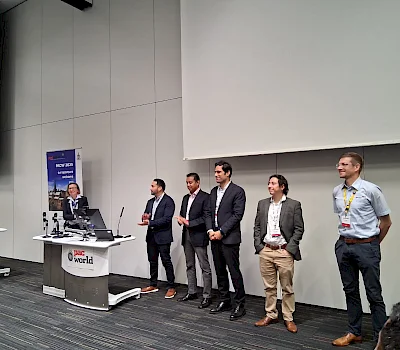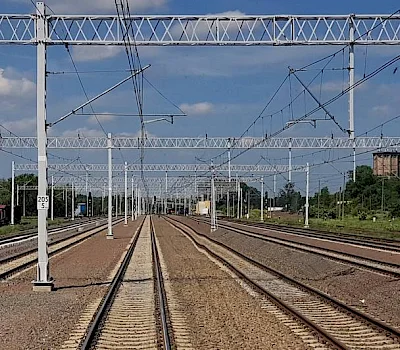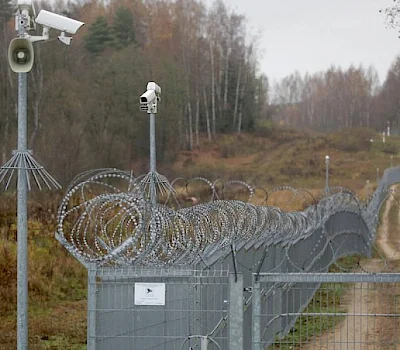On 28 April 2025, Spain and Portugal experienced the largest blackout in years, affecting millions of people and exposing serious deficiencies in the power infrastructure. As a result of the failure caused by problems in the transmission network, trains, subways and lifts stopped running, and many cities were left without power for a long time. The scale of the incident clearly shows that traditional power solutions are not sufficient in the face of modern threats.
According to data provided by transmission system operators, the cause was a failure in the 400 kV high-voltage transmission network, which was cascading and affected almost the entire Iberian Peninsula.
In Spain alone, around 1.2 million people were left without electricity, and in Portugal, over 700,000. In the Spanish capital, Madrid, public transport was paralysed, trains were stopped and hospitals experienced problems, where emergency power was activated. Chaos reigned in cities such as Porto, Lisbon, Barcelona and Seville, with street lights failing and water supplies cut off in higher parts of buildings where water pumps require a constant power supply.
Although operators managed to restore power after a few hours, the event clearly showed that modern power infrastructure no longer meets the safety and reliability requirements imposed by today's world. The complexity of modern energy systems, based on smart grids, renewable energy sources and distributed energy sources, requires solutions that are much more technologically advanced than those used a decade ago.
This was a serious test, the result of which should serve as a warning – also for Poland and other European countries. Transmission systems must be supported by technologies that ensure not only redundancy, but also precise synchronisation and immediate transmission of information in real time.
This is not just a regional problem – it is an alarm signal for the entire energy industry in Europe and worldwide. In an era of growing challenges related to digitalisation, climate change and cyber threats, reliability and precise synchronisation in energy systems are absolutely crucial. The lack of modern solutions can lead to huge losses, communication paralysis and threats to human life and health.
This is where BitStream comes in. For years, we have been providing advanced data transmission and time synchronisation systems compliant with IEC 61850 and IEEE 1588 standards, which enable the consistency of distributed energy systems even in critical situations. Our devices and solutions are robust, reliable and designed with the safety of critical infrastructure in mind. They support transmission system operators, energy producers and energy-intensive industries in maintaining continuity of operation and safety.
Why are time synchronisation and fast data transmission so important? Investments in modern energy cannot be postponed any longer. Blackouts like these show that ‘old’ systems are no longer fit for purpose. In power grids, every nanosecond counts. It is thanks to precise synchronisation that overloads and errors can be detected and immediate action taken to protect the grid from the effects of failures. When the system does not operate with sufficient precision, even a minor failure can, as the case of Spain shows, lead to a domino effect and bring entire regions to a standstill.
The blackout in April is not just a warning – it is a call to action. Investments in modern, proven technologies are no longer an option – they are a necessity. We cannot allow similar scenarios to repeat themselves in other parts of Europe. Today's energy sector must be digital, synchronised and resilient to disruptions.

Magdalena Oleszko
BitStream Marketing Specialist
www.bitstream.pl










